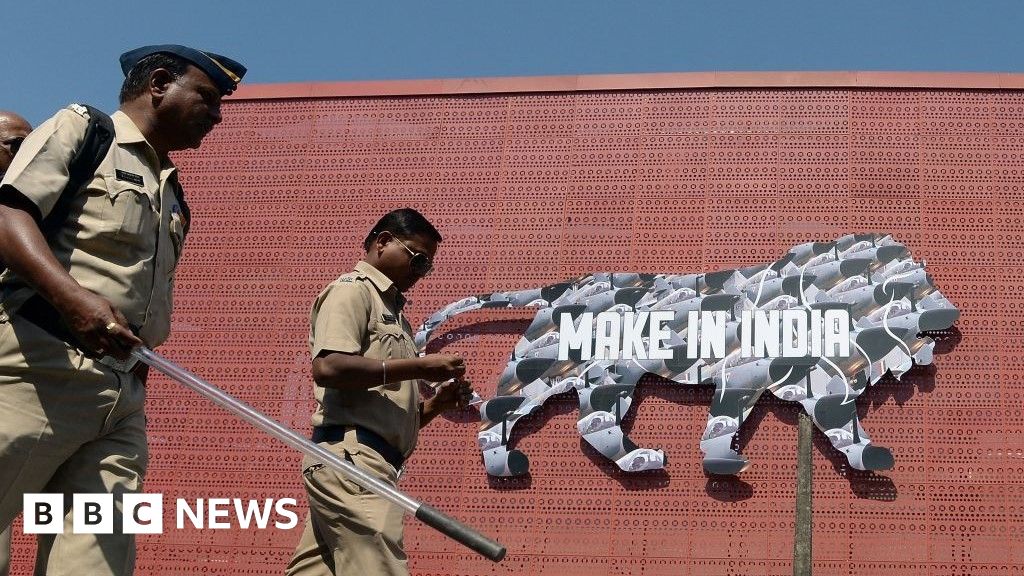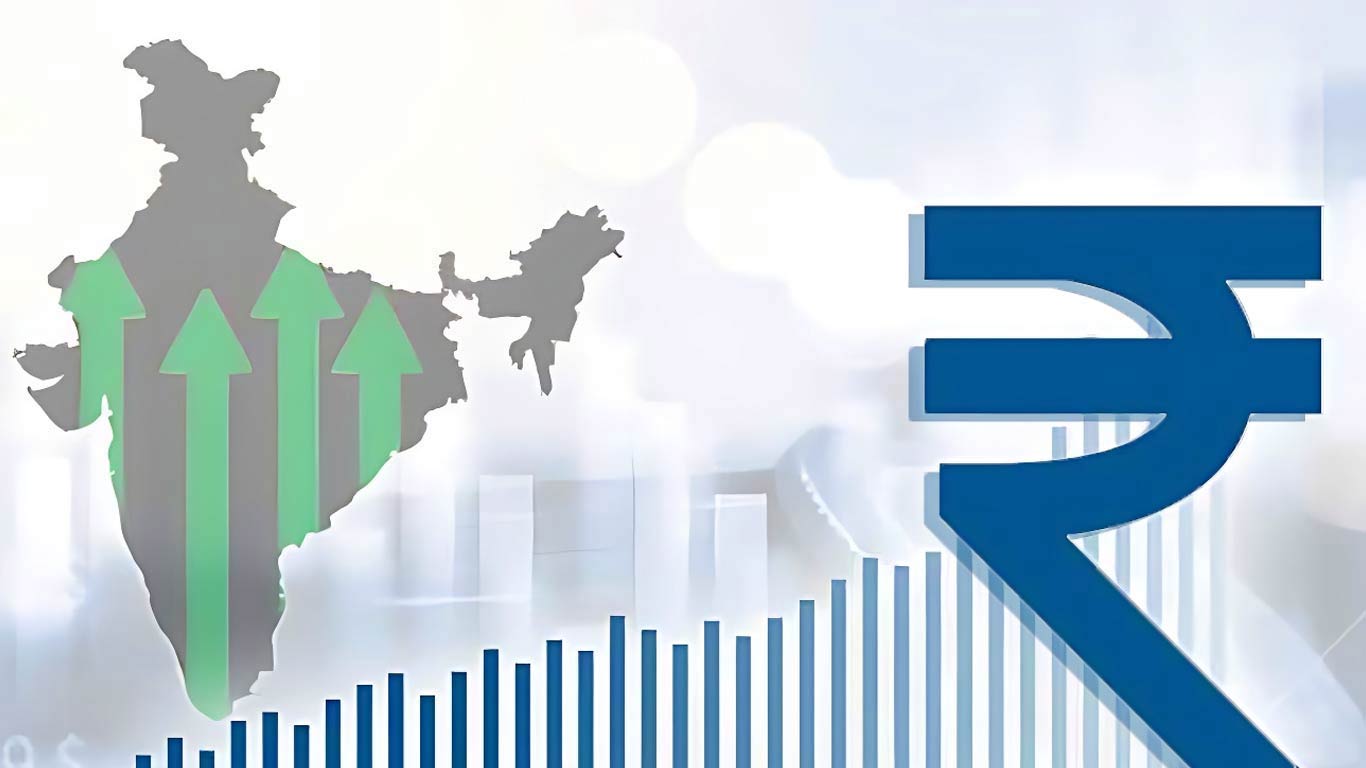If the country manages to grow by 8% in the coming years, India's economy is expected to grow to $55 trillion by 2047.
New Delhi:
According to IMF Executive Director Krishnamurthy V. Subramanian, India's economy is expected to grow to $55 trillion by 2047 if the country can achieve an average real growth rate of 8 percent in the coming years. This is an ambitious but achievable goal.
Addressing a media event in New Delhi, he said 8 percent is achievable given the country's demographics and government policies implemented over the past decade to increase the growth rate, such as public digital infrastructure, innovation and entrepreneurship.
“If you look at entrepreneurship, World Bank data shows that the number of new businesses started skyrocketing from 2014 onwards. As a result, India has the third largest entrepreneurial ecosystem in the world, which will contribute to productivity growth in the formal sector,” he said.
He further explained that the formalisation of the economy, which is proceeding at a rapid pace, will lead to higher productivity as between two-thirds and three-quarters of the Indian economy is informal and the informal sector enterprises are far less productive than the formal sector enterprises.
“Formalisation will be a key driver of productivity growth in India, which is already happening through the (huge) public digital infrastructure,” he added.
Responding to a question on the World Bank's claim that it will take India 75 years to reach a quarter of the US's per capita income, the senior IMF official said the definition of middle income is quite broad and even if a country increases its per capita GDP by two, three or four times, it will remain trapped in the middle-income trap.
He also stressed that manufacturing growth is crucial for countries to escape the middle-income trap and stressed the importance of introducing a sunset clause for industrial subsidy programs.
Last month, the IMF raised its GDP growth forecast for India in 2024-25 to 7 percent from 6.8 percent, citing “improving private consumption, particularly in rural India.”
“The growth forecast for India has also been revised upwards, to 7 percent this year. This change reflects the impact of the upward revisions on growth in 2023 as well as the improved outlook for private consumption, particularly in rural areas,” the IMF said in its World Economic Outlook report.
(Except for the headline, this story has not been edited by NDTV staff and is published from a syndicated feed.)

“Pop culture scholar. Subtly charming beer specialist. Reader. Student. Devoted music advocate.”




.jpg?w=1200&auto=format%2Ccompress&ogImage=true)


